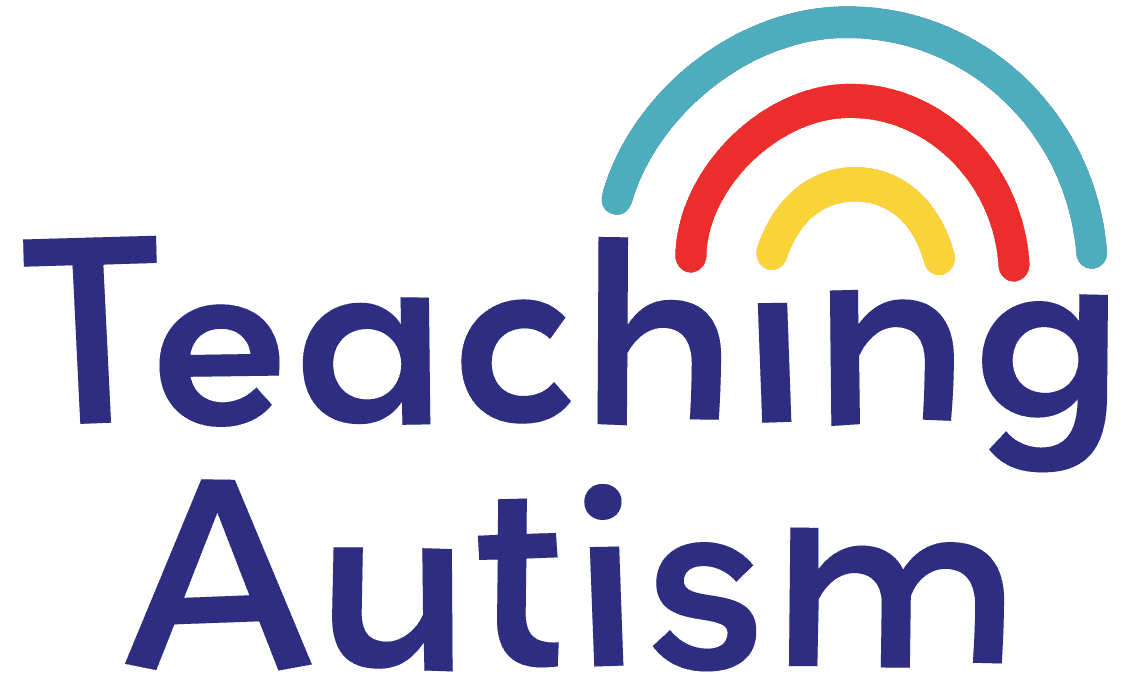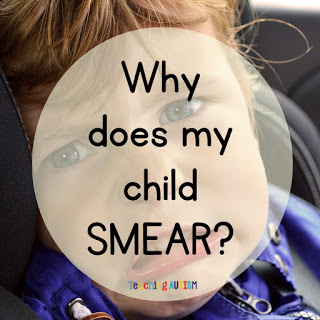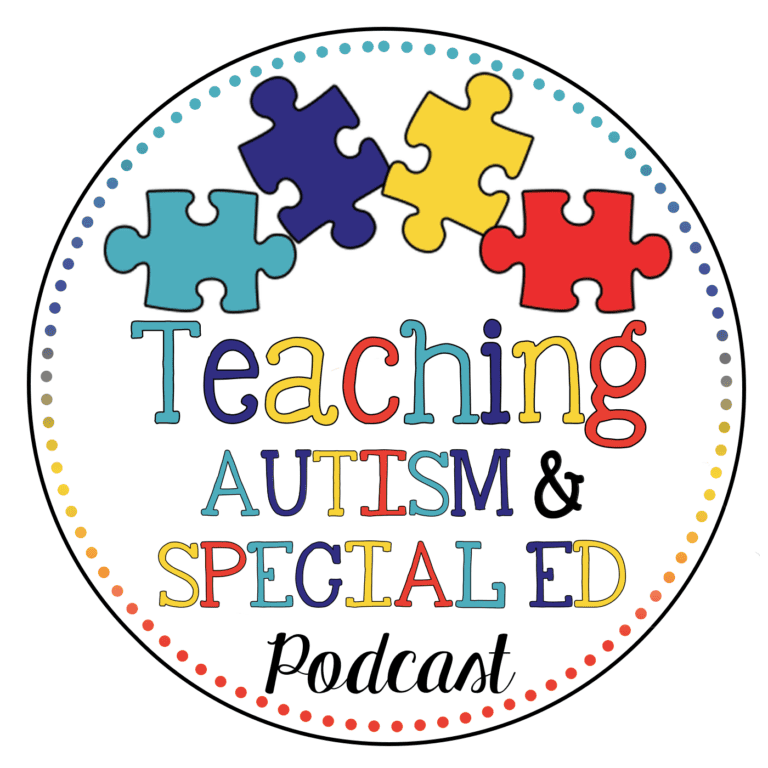Autism and Puberty
Experiences
These are real life experiences that other parents or families have gone through. They discuss what is was like experiencing puberty. Some gave more detailed experiences than others. But, please remember that these are all different experiences from different parents. All of these are not experienced by one parent;
- They may not understand what they should/shouldn’t discuss with others.
- Aggression – aggression appeared from nowhere. Or some found that the aggression was already there but it became a lot worse when going through puberty.
- They query relationships – what are they? Who has them? Who should they like? How do they meet someone? Lots of questions and we urge you to answer them as honest as you feel you can be.
- Body odour – you may need to encourage your child to wash more, use deodorants etc.
- Masturbation – yep, it happens. Many children can become more aggressive if you try to stop them during masturbation. You can try to use social stories. Or, you can discuss appropriateness with them – doing it in private, in certain areas etc.
- Mood swings
- Start of stimming – the individual out of nowhere started to stim all the time. Not being able to rest without doing their stimming. This could well have been a comfort to them while going through so many changes.
- Regression in some areas, sometimes academically, sometimes socially etc.
- The start of medication – this is when many children with autism first start medication. Either at the start of puberty or during it.
- Seizures – there have been some studies carried out which you should be able to find online. They are trying to link autism, puberty and seizures together.
- Onset of anxiety. This could also be due to the changes that they are going through and experiencing within their body.
- The start of menstruation is one of most difficult challenges. Understanding how to deal with it. The use of feminine products and disposing of them/replacing them. Cleaning themselves etc. Many families also mentioned their children with PICA had a very difficult time starting menstruation.
- Emotional – with emotions all over the place.
- Everything is amplified.
- It came much earlier than expected. While some families stated that it came much later than expected in their children.
- Some state that there was very little change in their child when going through puberty.
- Self harm. A lot of people stated that many females struggled with the growth of breasts. Understanding why they were growing and coping with them. Especially with the need to start wearing bras. Many found sports bras more comfortable.
- Sensory overload.
Take-away
Many families stated that they felt their children didn’t understand what was happening to them. They stated that when puberty changed their body and they didn’t know how to deal with it. This led to knock on effects and repercussions.
Many of our children also can’t communicate with us their feelings. And those who didn’t know what was happening, struggled to communicate this. This made them become even more frustrated. Especially if they needed our help but couldn’t ask for it.
All that I can offer you advise wise is – do your best. Like you do every day. Be there for your child and support them as best as you can. Look for clues for how they are feeling. Or if there’s anything you can help with. There’s no right or wrong answer for dealing with this. Mainly because every child is different. What works for one child – may not work for yours. And some of these reactions to puberty may not happen to your child either!
Discussion
A lot of families ask whether they should discuss puberty with their child – and if they should, when? There’s not really a right or wrong question here. Every child is going to be different so I would say go with your gut and what feels best for your child. You can speak to your child’s school about this as well. Many schools now offer classes to discuss puberty, relationships, sex and so much more.
Puberty is nothing to be embarrassed about and it’s ok to discuss it with your child. It’s also best to discuss it if you can. That way your child doesn’t feel embarrassed about it too and will come to you when they need you. If you feel you need support you can ask family members, classroom staff or your GP.
Support
There’s lots of ways available now that you can get support for your child. You can also get support for your family during this time too. Some ways of support are;
- Social stories – there are so many available now so you should be able to find the ones you are after. You can find many on my website here or on my TpT.
- School – talk to your child’s school. Don’t be afraid to ask them for help. They’ve more than likely been through this many times with other children. They can be a wealth of knowledge and may be able to recommend some classes, resources or tips for you.
- Family – use your family support network if you have it available. Encourage them to be open with your child. They may feel more comfortable talking to a close aunt/uncle rather than you – and that’s ok!
- GP – talk to your doctor, they may have access to a variety of different resources that can help you
- Research – there are lots of amazing books out there now for you to read. They are about going through puberty with autism and how you can help your child.
- Training – there are lots of great training courses available now. Many of which are run by Autism groups and charities to provide specific training and help.
- Autism groups – local support groups are a great way to get hold of valuable resources. You will also be able to talk with other families/professionals. They can also help you to find out about courses or training that you can access to help your child.
- Support groups – lots of parents now form local support groups. They may meet up either in person or facebook groups. It’s great to be able to discuss any issues or concerns with other families. We usually feel it’s a bit less intimidating this way. And it’s also a bit of a comfort to talk to someone who’s going through the same/similar thing to you.
Have you experienced your child going through puberty yet? Or are you going through it now? How are you finding it? Don’t forget to reach out to our community if you need any support.
You can also check out another of our posts where we discuss autism and girls. Why is the diagnosis less? And how does it differ in boys and girls? Read it here.







